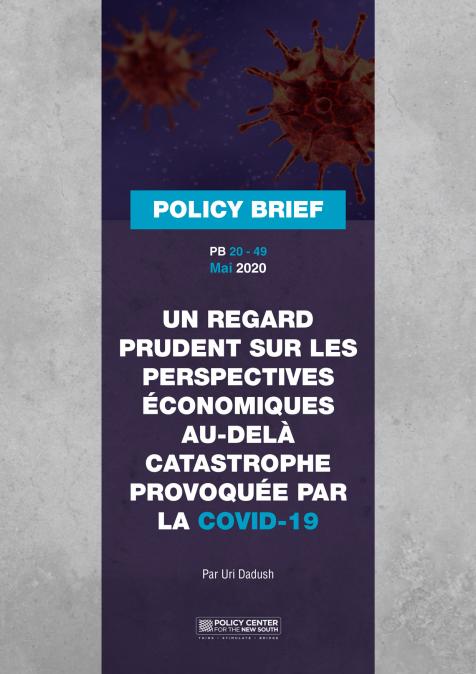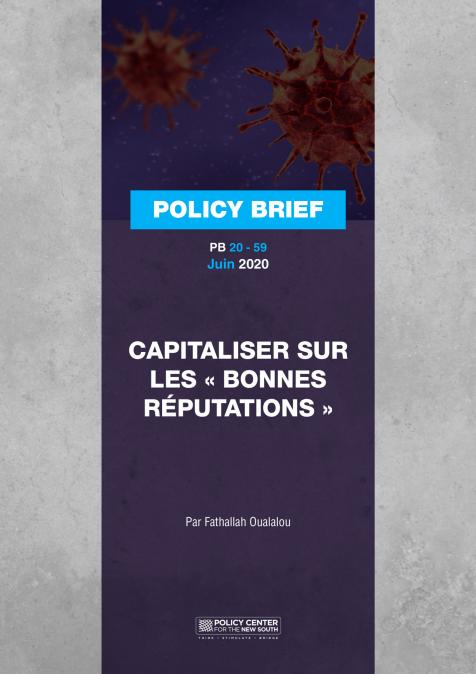Publications /
Policy Paper
The research project “Purpose-driven companies and the regulation of the Fourth Sector in Ibero- America” is part of an inter-institutional effort involving the Ibero-American General Secretariat (SEGIB), the United Nations Development Program (UNDP) and the International Development Research Centre (IDRC).
The project has its origin in the results of a previous research developed by SEGIB (Fourth Sector companies and the SDGs in Ibero-America, 2020), through which we analyzed the impact that purpose-driven companies have on the 2030 Agenda. In that study we were able to determine that one of the conditioning factors for the development of these companies is precisely the accompaniment of legal frameworks appropriate to the dual business objective that they present: that on the one hand they seek to be financially profitable, but at the same time they seek to attack and solve social and environmental problems.
Indeed, the evidence gathered in this study showed that there are companies in the region that have owed their creation and development to new regulations that have served to support the purpose, but at the same time, many others have not had this legal and regulatory support and have been constrained by regulations that have been created for traditional companies that only aim to maximize profits in the short term.
In short, what this finding tells us is that it will be difficult to see a true entrepreneurial ecosystem flourish for these companies if there is no public impetus through appropriate policies for this type of corporate model. In the same way, we will hardly reach 2030 with the Sustainable Development
Goals (SDGs) fulfilled, since the contribution and commitment of public administrations and the multilateral system is not enough.
Fortunately, this research project sheds light on how to aim for adequate regulation and allows us to propose concrete measures to Ibero-American governments aimed at creating a fairer, more resilient and sustainable business sector. To this end, we have developed an extensive body of documentation that includes the Morocco report to find learnings of such jurisdiction. Finally, it includes the study of 4 key transversal axes for the development of purpose-driven enterprises (certification models, fiscal frameworks, sustainable public procurement and gender perspective).
Some Ibero-American countries have already taken significant steps in the regulation of purpose- driven enterprises; others are currently debating in legislative and executive bodies how to promote their development; while there are still several countries that have not yet initiated these processes of reflection on corporate purpose.
The idea of this paper and the research project in which it is framed, is to accompany this process and demonstrate that companies that pursue a triple economic, social and environmental impact in the Ibero-American region, do not find their obstacles in the ability of entrepreneurs to create companies with a different DNA, but in the lack of appropriate regulation for them.






